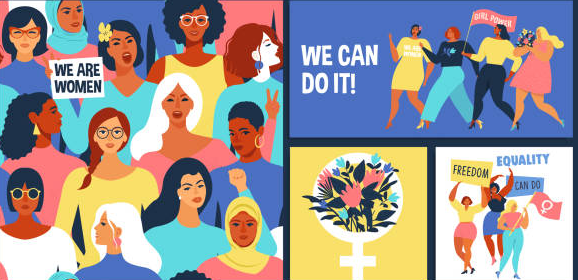There are grave injustices that women continue to face in 21st century’s version of a patriarchal society — gender-based violence
To buy our online courses Click Here
The Indian Constitution guarantees every individual the right to life, liberty, equality and dignity. Yet, socially, the fundamental unit is not an individual, but either an undivided family, or heterosexual coupledom, or a religious community, or a caste grouping. This is the fundamental contradiction at the heart of any struggle for human rights — fighting for an individual’s rights must necessarily take into account their various social affiliations. Thus, it is not enough to think of women’s issues as only issues that affect women. Nor can one draw a line in the sand to demarcate where women’s issues end, and the issues of others begin.
Read More: Kathmandu impasse
The only way forward is to strengthen the rights of the individual, based on what the Constitution imagines. Injustices will continue, but empowering an individual, irrespective of their gender, sexual identity, caste or religion, to seek and achieve a full life of dignity, is the utopia that feminists have globally striven for. International Women’s Day is as good a time as any to remember a central feminist tenet — the personal is the political. Perhaps, it’s time to expand this to the personal is the political for everyone.
Published in Hindustan Times on 08/03/2021. In this article “The personal is the political for everyone”




